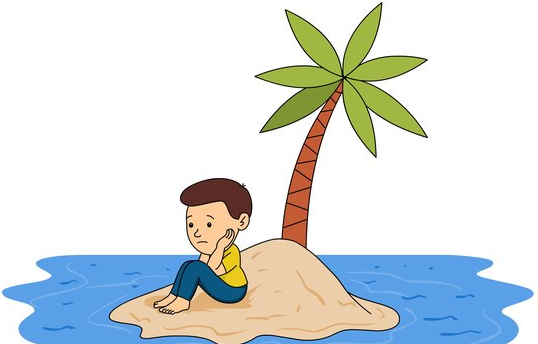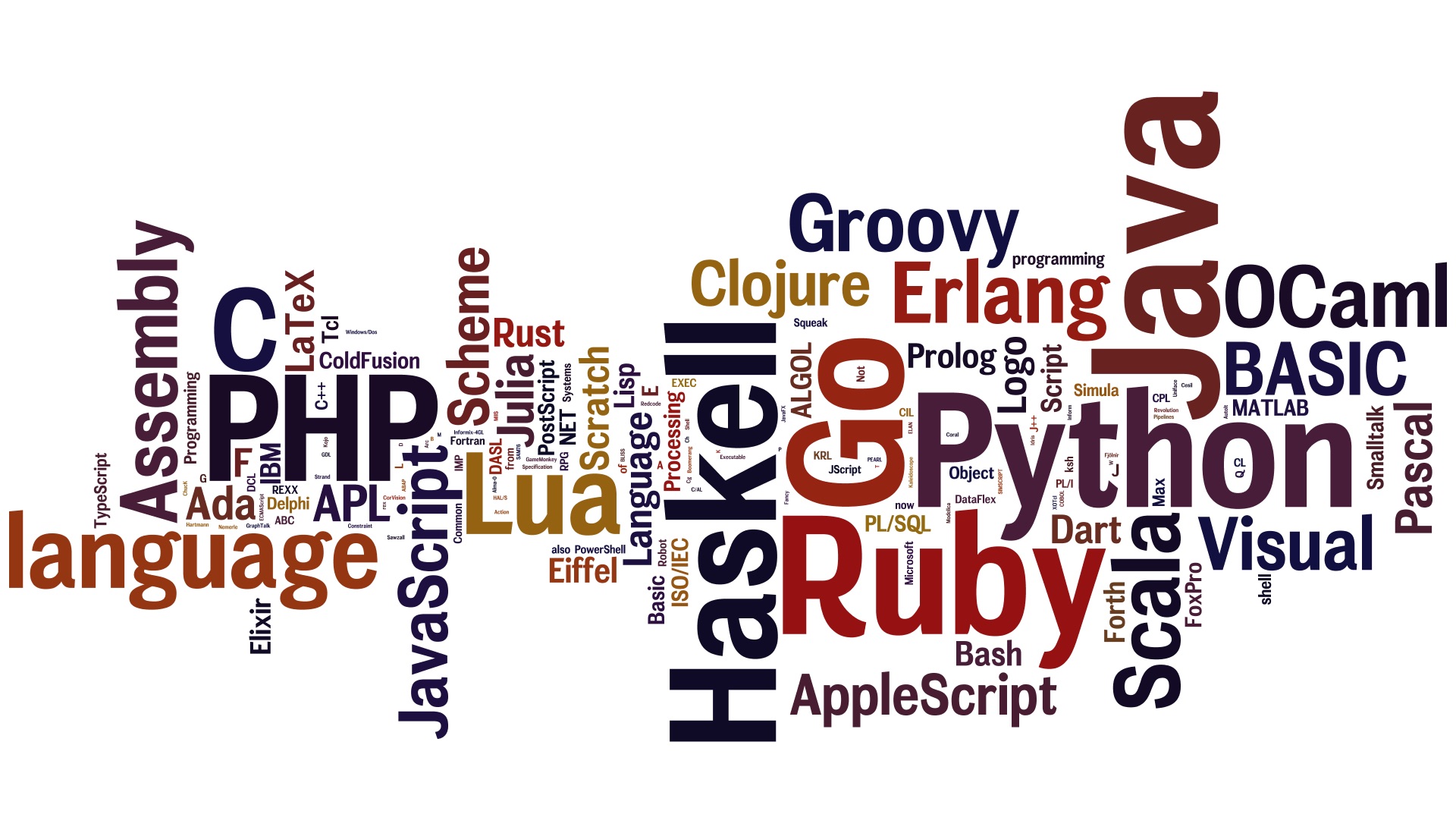- Yehonathan Sharvit @viebel, viebel@gmail.com, LinkedIn
- A mathematician
- A coder
- A pragmatic theorist
- A freak of interactivity
- Founded Audyx in 2013 - an Audiology Startup with 30K LOCs in Clojurescript
- Author of Klipse - a simple client-side code evaluator pluggable on any web page
- A Web consultant: Full-Stack, clojure, clojurescript, javascript, node.js, react
- Blogger about functional programming at blog.klipse.tech











